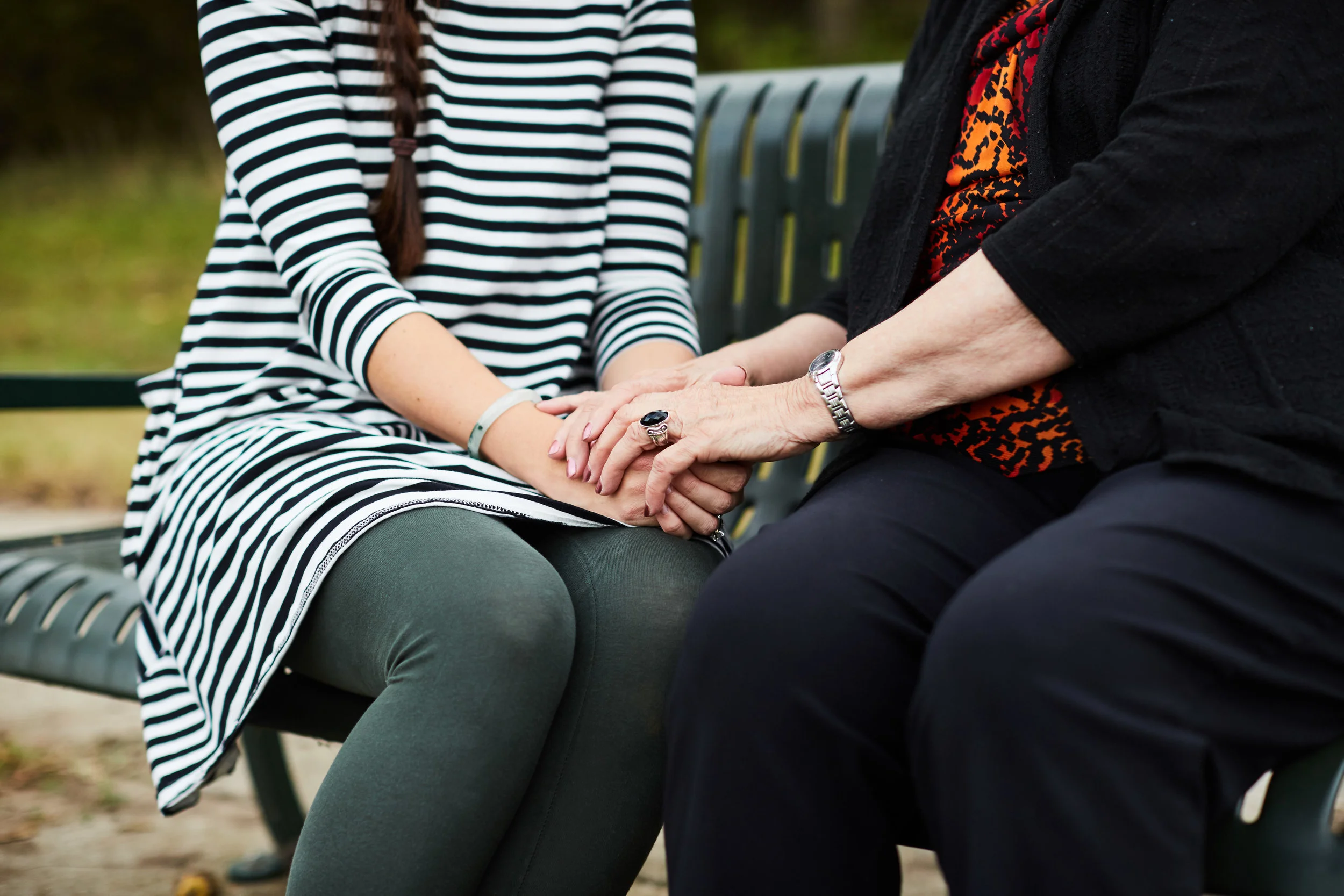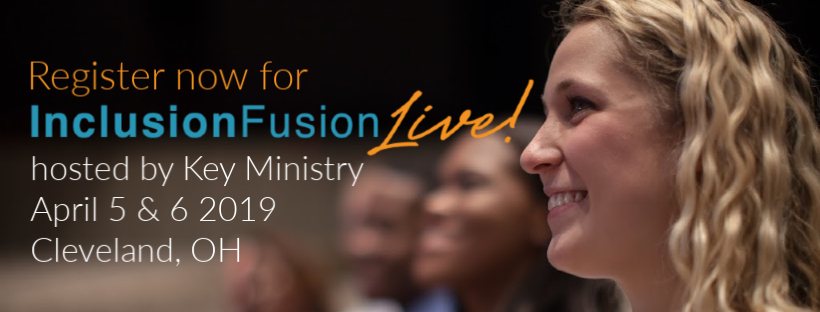I was in college when my family took an hour-long drive to see a visiting evangelist at a church unfamiliar to us. The church was small and the crowd was even smaller.
At the end of the service, there was a typical altar call for needs. My sister-in-law asked me to take my toddling nephew forward for prayer for an ailment he was having at the time. Without reservation, I made my way to the front of the church and waited as the evangelist prayed for other people.
When the evangelist made his way to my nephew and me, he immediately said, “Take the baby from her.”
Before I knew what was happening, the evangelist started asking me if I knew the Lord. When I replied that I did, he loudly and continually told me to receive God. It was not at all why I was standing up there. Eventually, I said or did something that satisfied him enough to walk away from me. I wanted to crawl back to my seat in embarrassment, figuring that everyone there must have deduced that I was a sinner of sorts just called out by the preacher.
As my family got back in the van after the service, they jokingly asked if I had anything I wanted to admit. We were all a bit confounded by the situation especially when his prayers for others in my family were spot on.
That awkward moment at the altar has stuck with me some twenty years later. Since then, I have had a few more times when partnering in prayer with someone has gone wrong. There’s been the uncomfortable moments when I took my daughter to the altar for prayer and instead of being asked my request, they started praying for her Down syndrome. I have a small list of incidents such as these, but thankfully I have long list of times prayer partnerships have gone well.
I understand how things can go wrong. There’s a tendency to believe that people in prayer ministry should always be 100% accurate and in tune with God. That doesn’t always happen, because we are human. Our personal experiences and opinions can creep into our prayers and judgements. If I were to be honest, I am sure I have not always prayed with the sensitivity or spiritual accuracy that people needed. Things like this can happen. Humans can make mistakes, but this isn’t a new issue at all.
In 1 Samuel 1, we find the story of Hannah, the wife of Elkanah. Peninnah, another wife of Elkanah, was flourishing in motherhood and provoked Hannah for being barren, which added insult to injury. Hannah was weeping in anguish at the tabernacle and making a vow to God if she were to have a male child. She moved her lips while making her vow, but her voice was not heard. Observing Hannah was the priest Eli who thought she was drunk. It was then that he told her, “How long will you be drunk? Put your wine away from you!” (1 Sam. 1:14, NKJV)
Hannah immediately explained she was in deep sorrow and not intoxicated: "Then Eli answered and said, 'Go in peace, and the God of Israel grant your petition which you have asked of Him.' And she said, 'Let your maidservant find favor in your sight.' So the woman went her way and ate, and her face was no longer sad" (vv. 17-18).
Hannah’s reaction to this situation amazes me. First, the priest mistakes her grief for intoxication. Then he gives her a vague encouragement. What does Hannah do? She runs with it. She seems to have walked away from that encounter with only faith and hope.
Would I have been able to do the same? I fear I would have been so stuck on Eli’s first assessment of me that I would not have been able to receive anything that occurred afterwards. Hannah wasn’t looking for a reason to be offended or hopeless though, she was seeking the promise of God. Inevitably, that is what she received.
As a parent of a child with special and medical needs, I want people to approach me in prayer with extreme sensitivity because people can’t fully understand all aspects of my situation.
Sometimes when it comes to prayer partnership, my expectations are too high for my fellow human beings. I can get distracted in partnership because I get hung up on a poor choice of words being prayed or a word ofencouragement that I perceive as a minimization of my child’s problem. Still, I can learn much from Hannah.
I’m ultimately seeking God in times of prayer. Prayer partners are trying to help me in that seeking, but they may make an error. I need to let things slide that aren’t always perfect. I need to focus on the good things that were said. If there was nothing, then I need to move forward. I can’t allow a bad experience to keep me from finding someone to pray with me or for me in the future. Things happen, and I can learn from them.
I’ll keep seeking God. I’ll cling to the good words He does say to me through people. I’ll remember Hannah’s reaction when things don’t go perfectly.
Evana is a wife and mother of two children. Since becoming a parent, Evana has spent many hours driving to specialty appointments, praying beside a hospital bed, and learning about her children’s diagnoses. Evana is also a pediatric speech-language pathologist and serves children with autism, feeding disorders, and other developmental delays. You can connect with Evana on Twitter, Facebook, and her blog, A Special Purposed Life. You can also read more about her family’s story in her book, Badges of Motherhood: One Mother’s Story about Family, Down syndrome, Hospitals, and Faith.





